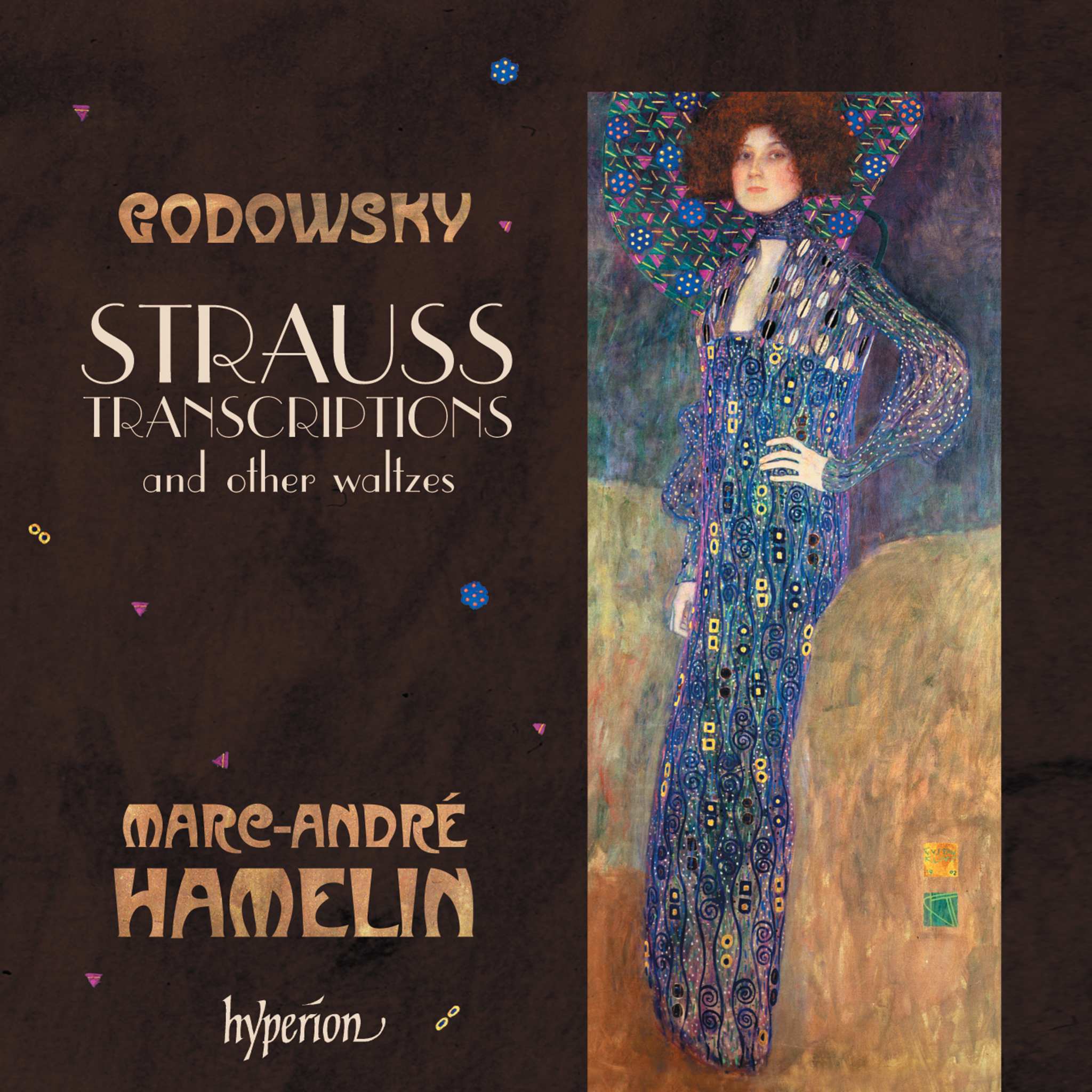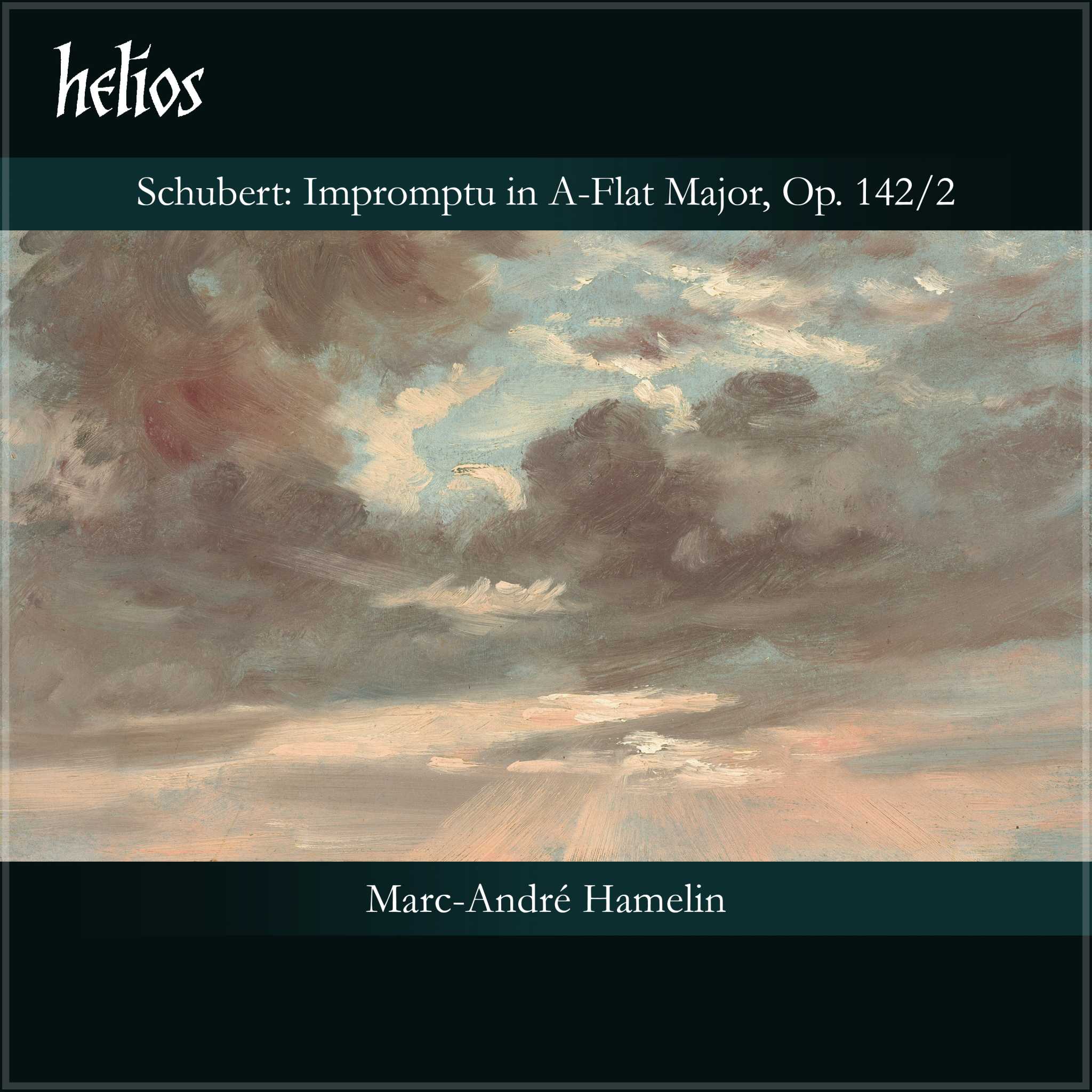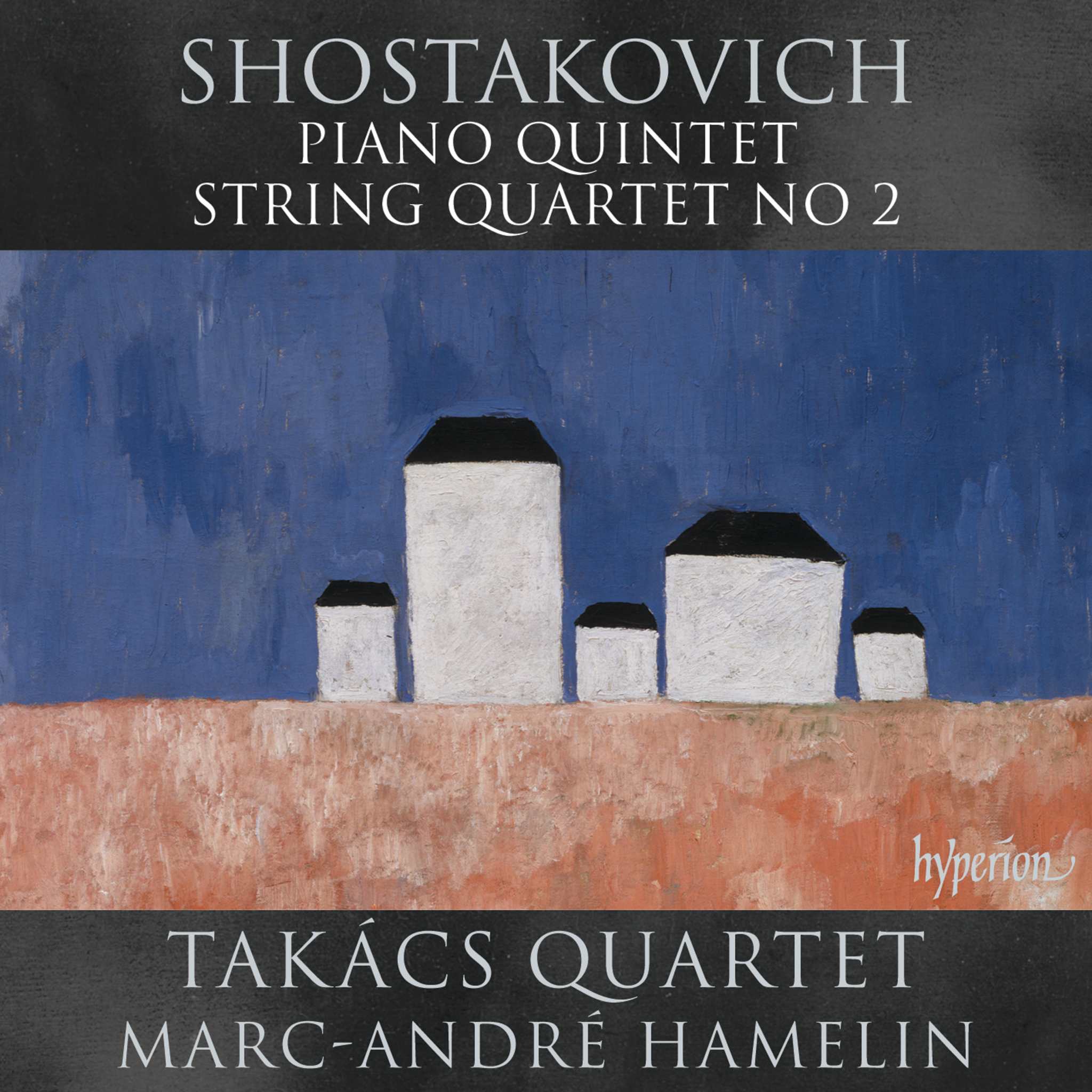Johann Strauss Sohn, der am 25. Oktober 1825 in Wien geboren wurde, prägte mit seiner Musik das gesellschaftliche Leben Wiens während der Habsburgerzeit und blieb unvergessen. Sein Tod im Jahr 1899 fiel in eine Zeit, in der auch die Herrschaft von Kaiser Franz Joseph ein Ende fand, was eine Zäsur in der Wiener Geschichte bedeutete. Die dramatischen Ereignisse des Ersten Weltkriegs ließen die Erinnerungen an das alte Wien schnell verblassen.
Leopold Godowsky, ein aus Polen stammender Pianist und Komponist, ließ sich in Wien nieder – jener Stadt, die für ihre Walzermusik berühmt ist. Nach seinem spektakulären Debüt im Jahr 1900 in Berlin, das ihm großen Ruhm einbrachte, wurde er schnell zu einem der angesehensten Musiker seiner Epoche. Besonders seine Bearbeitungen von Werken Strauss’ verschafften ihm Zugang zur Wiener Musikszene und die Wertschätzung prominenter Persönlichkeiten wie Julius Korngold.
Durch seine Erfolge wurde Godowsky 1908 für eine bedeutende Lehrposition an der Kaiserlichen Akademie für Musik in Wien vorgeschlagen. Mit seinen außergewöhnlichen Auftritten und der Anerkennung als Musiker, Lehrer und Komponist führte er ein erfülltes Künstlerleben. Seine individuellen Interpretationen und Kompositionen machten ihn zu einer wichtigen Figur im Musikleben und zu einem gefragten Pädagogen.
Godowskys symphonische Metamorphosen und originelle Werke, die häufig auf Motiven von Johann Strauss Sohn basierten, hinterließen einen nachhaltigen Eindruck. Seine virtuosen Arrangements und Kompositionen unterschieden ihn deutlich von seinen Zeitgenossen. Trotz der Vielseitigkeit seiner Werke blieb sein Hauptanliegen, die Musik von Strauss durch innovative Bearbeitungen weiterzuentwickeln.
Seine musikalischen Schöpfungen – von Paraphrasen über Walzermasken bis hin zum Triakontameron – zeugen von seiner besonderen künstlerischen Begabung und seinem tiefen Verständnis der Musik. Godowsky eröffnete mit seinem Schaffen neue Perspektiven für die Klaviermusik und setzte Maßstäbe für die Klavierparaphrase, die bis heute Beachtung finden.











